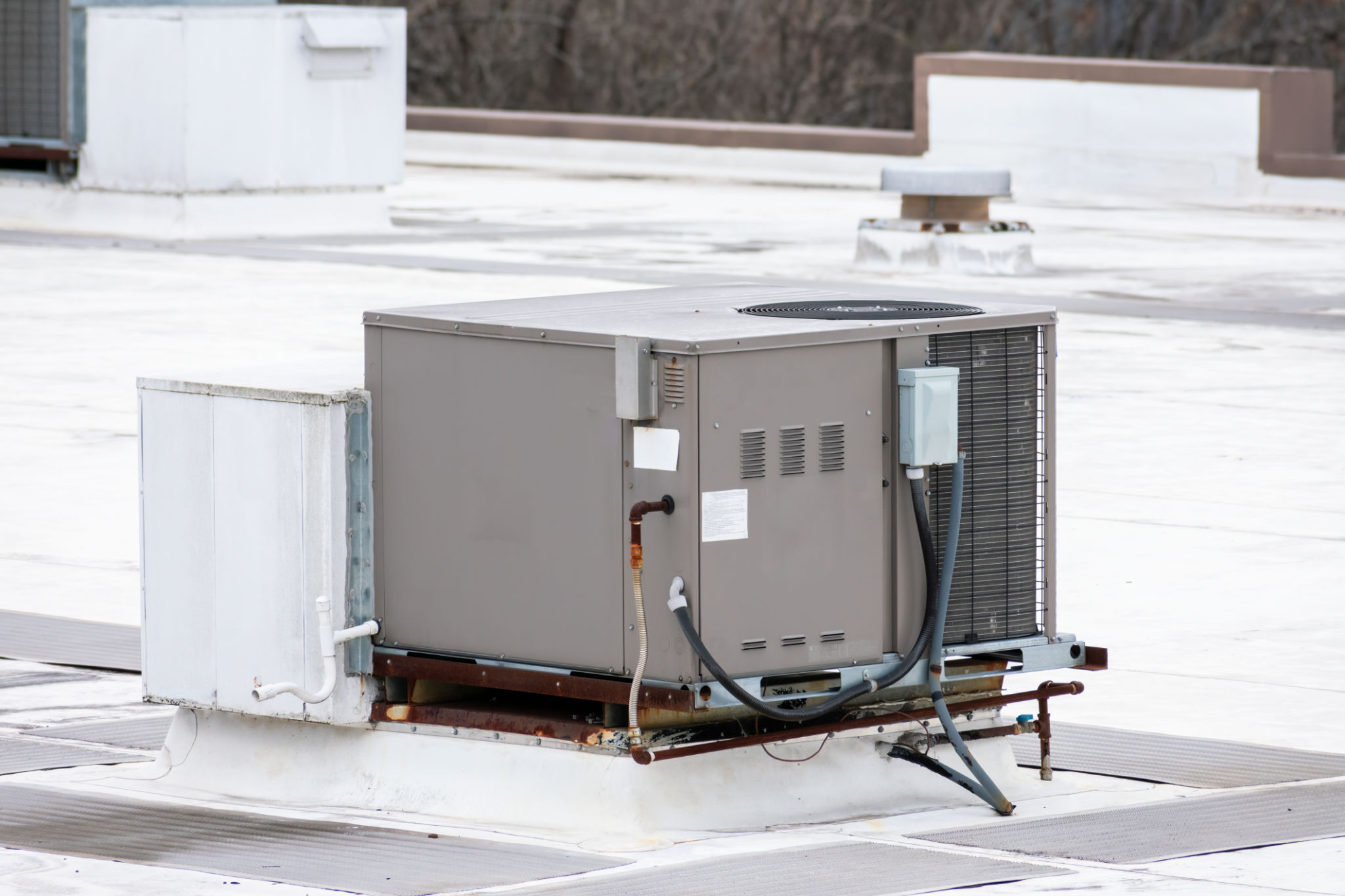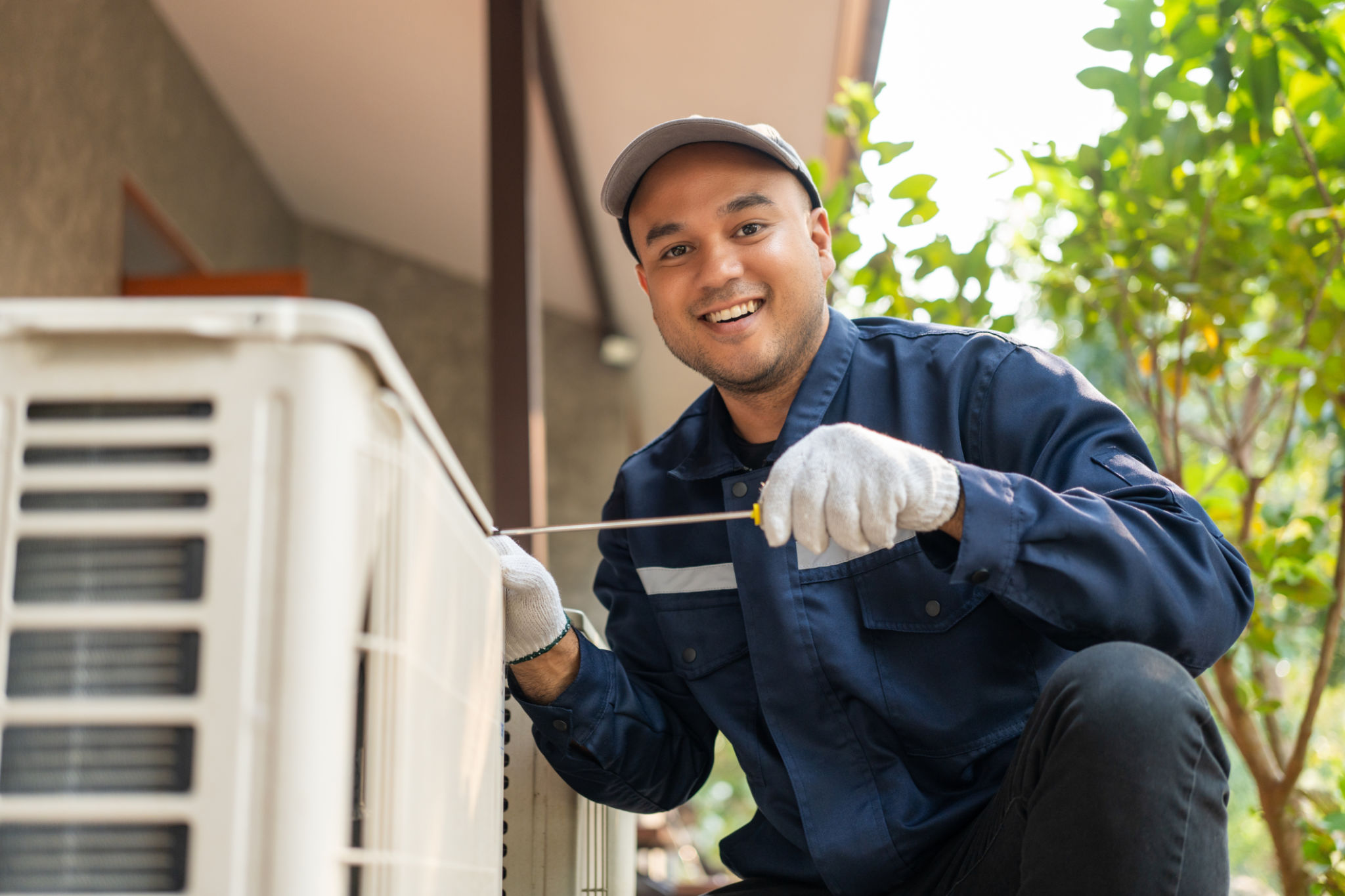Preparing Your Rooftop Units for Seasonal Changes
JH
Understanding the Importance of Rooftop Unit Maintenance
As the seasons change, so do the demands on your HVAC systems, particularly rooftop units. Proper maintenance is crucial to ensure they operate efficiently throughout the year. Neglecting these units can lead to reduced efficiency, increased energy costs, and unexpected breakdowns.

Regular maintenance not only enhances the performance but also extends the lifespan of your units. By preparing your rooftop units for seasonal changes, you minimize downtime and keep your indoor environment comfortable regardless of external weather conditions.
Key Steps for Seasonal Preparation
Inspection and Cleaning
The first step in preparing your rooftop units is a thorough inspection and cleaning. Check for any visible damage or wear and tear that might have occurred during the off-season. It's essential to clean the unit's components, including filters, coils, and fans, to remove dust and debris that could hinder performance.
- Replace or clean air filters to maintain air quality and efficiency.
- Inspect refrigerant levels and refill if necessary.
- Clean and straighten the fins to ensure optimal airflow.

Checking Electrical Components
Electrical components are vital for the smooth operation of rooftop units. During seasonal preparation, ensure all electrical connections are secure and inspect for any signs of corrosion or damage. Faulty electrical components can lead to system failures and pose safety risks.
Be sure to test the thermostat and calibrate it if needed. A properly functioning thermostat will help maintain a consistent indoor temperature and improve energy efficiency.
Addressing Mechanical Parts
Lubrication and Belt Inspection
Just like any mechanical system, rooftop units have moving parts that require attention. Lubricate bearings and other moving parts to reduce friction and wear. Additionally, inspect belts for signs of wear or cracking and replace them if necessary to avoid unexpected breakdowns.

Ensuring these mechanical components are in good working order will help prevent operational issues during peak usage times.
Testing System Performance
After completing inspections and maintenance tasks, it's crucial to test the overall system performance. Run the system to ensure it starts up smoothly and operates without unusual noises or vibrations. Monitor the temperature output to confirm that the unit is heating or cooling effectively.
Consider scheduling a professional inspection at least once a year. A certified technician can provide valuable insights and address any potential issues you might overlook.
Benefits of Regular Maintenance
Regular maintenance of your rooftop units offers numerous benefits beyond ensuring operational efficiency. It helps maintain a healthy indoor environment by improving air quality and reducing allergens. Furthermore, it can lower energy bills by optimizing system performance, which is particularly important during extreme weather conditions.

By investing time in preparing your rooftop units for seasonal changes, you not only safeguard your equipment but also ensure comfort and safety for building occupants throughout the year.
